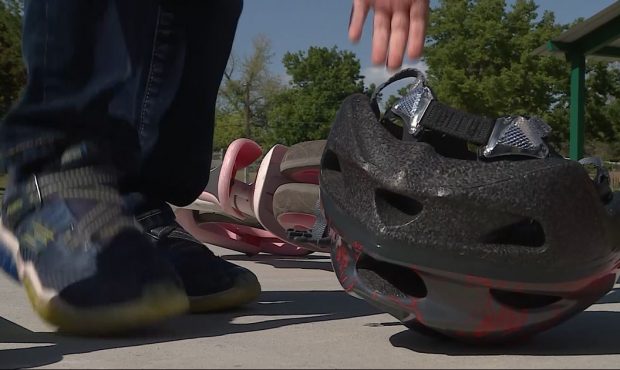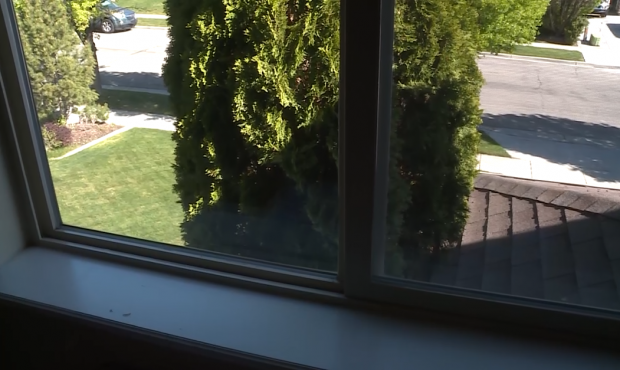Five Poisonous Plants To Watch Out For In Utah
Jun 15, 2021, 7:00 AM | Updated: 7:28 am
SALT LAKE CITY — We are well into the season of hiking, camping and enjoying various outdoor activities, and most Utahns follow obvious safety rules like wearing helmets and life jackets and staying hydrated. But what about the more subtle dangers to which we can be exposed?
Every year around this time, Utah Poison Control sees an uptick in cases in which adults and children are exposed to poisonous plants or mushrooms. Exposure to these plants or fungi can cause various symptoms, from minor skin irritation to more dangerous side effects.
Here are five common poisonous plants you may come across here in Utah:
- Myrtle Spurge
- This grows wild in foothill areas of Utah, but it can also be seen in some home landscapes. It was sold as a drought-tolerant plant for arid landscapes in the early 2000s.
- It can cause skin irritation, painful rash and blistering. In severe cases, it can cause blindness.
- Mushrooms
- Never eat wild mushrooms.
- Only mushroom experts can correctly identify nonpoisonous mushrooms.
- If ingested, poisonous mushrooms can make you sick and, in some cases, they can be deadly.
- Teach your kids even mushrooms in your yard are dangerous.
- Poison ivy & poison oak
- These usually grow in shady, wooded areas.
- They cause a painful rash.
- Stinging nettle
- This grows in moist, shaded woodland areas.
- Its stems and leaves have hairlike structures.
- It causes skin irritation and pain.
- Virginia creeper
- This is often planted in gardens as a ground cover or on fences.
- It can have clusters of black or blue-black berries on red stems.
- If consumed, it can cause an upset stomach and mouth irritation.
Play it safe as you enjoy the outdoors this summer. Learn to identify some of these dangerous plants, and unless you are 100% sure a plant or mushroom is safe, keep you, your children and pets from touching it.
If you think you or a loved one has been exposed to a poisonous plant:
- Call Utah Poison Control Center at 1-800-222-1222. They are open 24 hours a day, 365 days a year.
- They will provide an expert to answer questions and provide confidential help over the phone.
To view an extensive list of poisonous plants and view pictures, visit www.utahpoisoncontrol.org.












